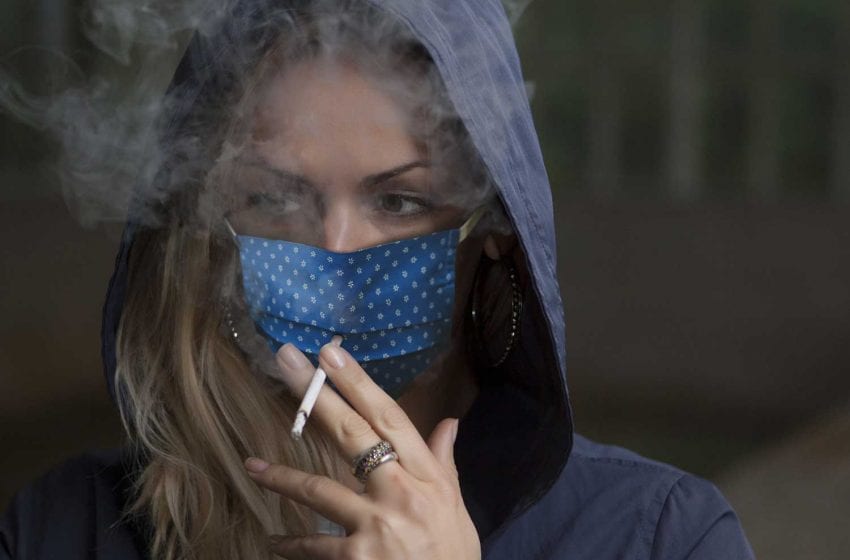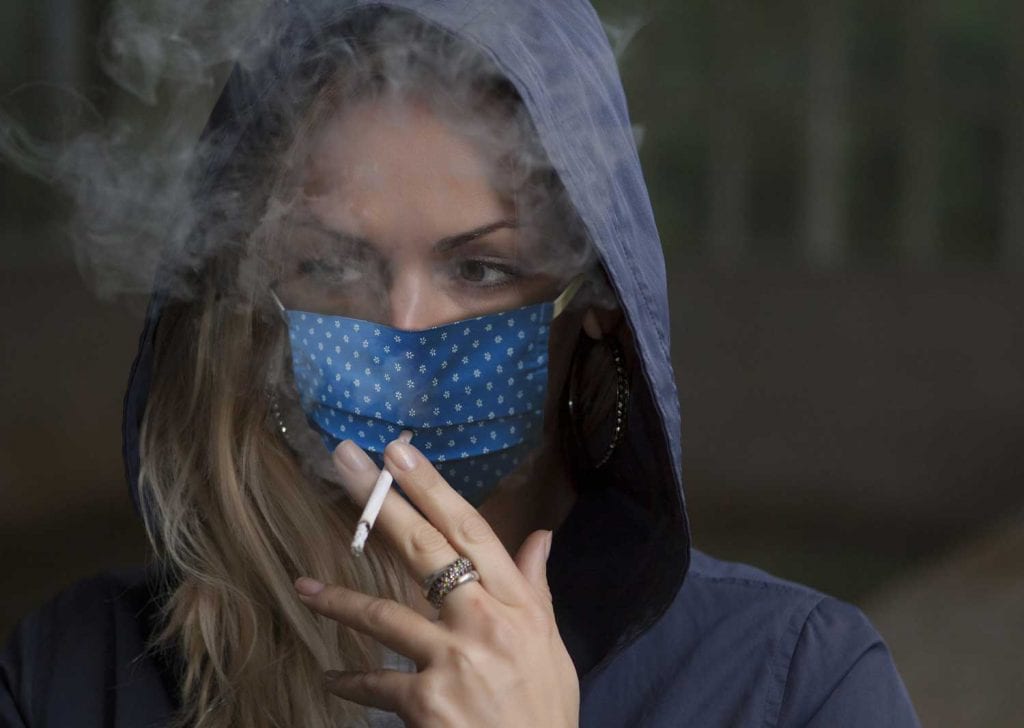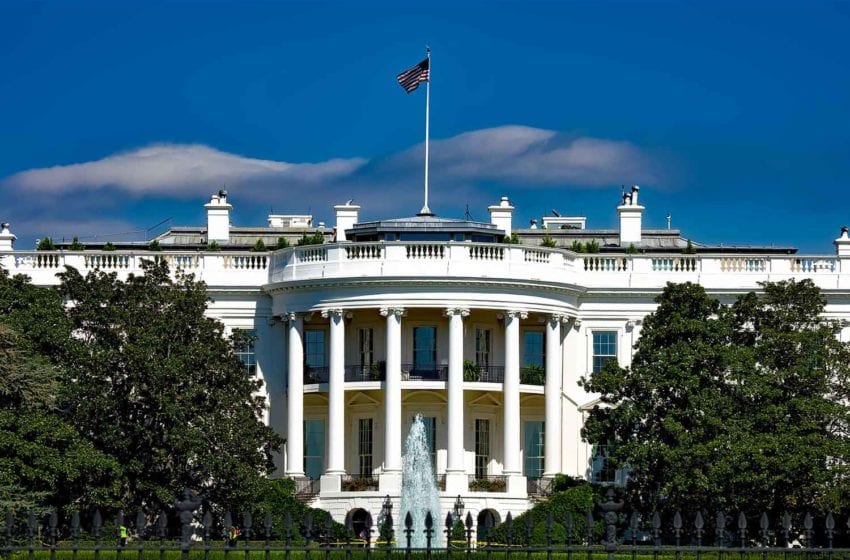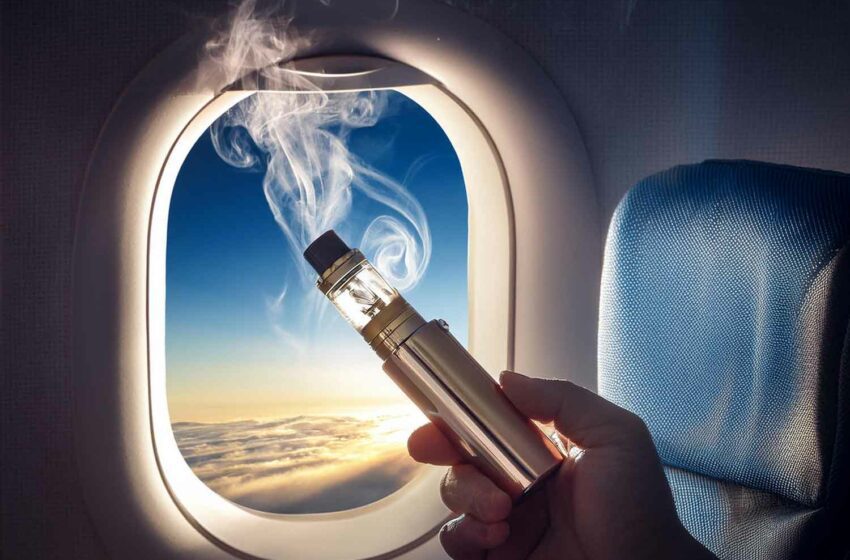Smoking, nicotine and Covid-19: What is going on?
By Clive Bates
The world is enduring the worst crisis since the 1940s, and people are desperate for some good news. Could that good news come from a most unlikely source? Could smoking, or more precisely nicotine, have benefits in controlling the symptoms of Covid-19, the disease caused by the coronavirus SARS-CoV-2? There is emerging, though inconclusive, evidence that nicotine may have protective effects in preventing severe symptoms of Covid-19. If this turns out to be true, it would be extraordinarily good news—nicotine in its medical and recreational forms is widely available and easily affordable.
The picture is quite complicated, but discussion should start with clarity about which outcomes may be improved. There are at least four relevant stages: infection (simply contracting the disease, often with mild symptoms); hospitalization (serious symptoms); admission to an intensive care unit (ICU) (life-threatening symptoms); and finally death. If there is a protective effect, the data suggest it reduces the number reaching hospitalization. For the purposes of fighting the pandemic and returning to economic normality, preventing the onset of symptoms serious enough for hospitalization is the highest priority.
There are two main strands of evidence that suggest a protective effect: the apparent underrepresentation of smokers in Covid-19 hospital admissions and evidence from human biology.
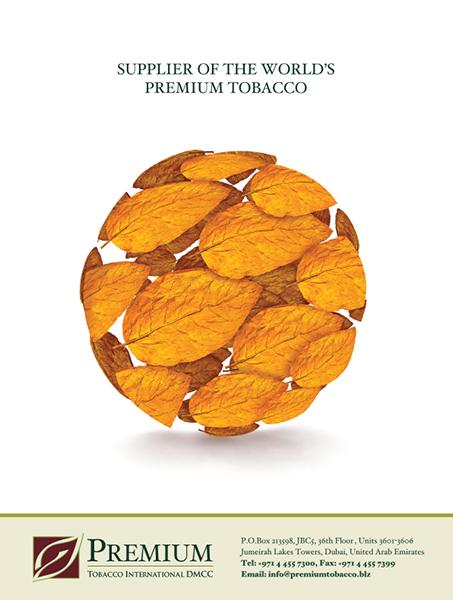
Evidence from Covid-19 hospital admissions
Most Covid-19 studies recording hospitalization and smoking status show smokers are strikingly underrepresented compared to the number that would be expected given smoking prevalence in the population. Being a smoker appears to make it less likely that a Covid-19 sufferer will end up in the hospital. There are many doubts and questions about the reliability of this data, but the effect is remarkably consistent across countries where the data is available. Greek cardiologist Konstantinos Farsalinos and his collaborators examined the literature available on April 25, 2020, to assess the smoking status of those entering the hospital with Covid-19 (see Farsalinos et al., “Prevalence of Current Smoking and Association with Adverse Outcome in Hospitalized Covid-19 Patients: A Systematic Review and Meta-Analysis”).
An unexpectedly low prevalence of current smoking was observed among hospitalized patients with Covid-19. Hospitalized current smokers had higher odds compared to noncurrent smokers but lower odds compared to former smokers for an adverse outcome.
These data suggest that fewer smokers are entering the hospital than we might expect, but once they are admitted, their outlook is worse. This is consistent with other findings showing a worse outlook for smokers once hospitalized. (For example, Vardavas and Nikitara, “Covid-19 and Smoking: A Systematic Review of the Evidence.”)
Notably, in the largest study that assessed severity, there were higher percentages of current and former smokers among patients that needed ICU support, mechanical ventilation or who had died and a higher percentage of smokers among the severe cases.
These authors did not draw attention to just how few smokers there were among the patients to start with—but that is the remarkable fact picked up by Farsalinos and his group. So, what could be going on? Farsalinos and colleagues have a theory:
“The possibility that nicotine may have a protective effect in Covid-19, which may be masked by smoking-related toxicity and by the abrupt cessation of nicotine intake when smokers are hospitalized, should be explored.”
So, it may be that nicotine is protecting smokers up to the point where they are admitted to the hospital. However, all respiratory wards require smoking cessation on admission, so smokers make an abrupt withdrawal from nicotine use. To understand what is happening, it is necessary to separate the effects of decades of smoke exposure, which may be causing underlying vulnerabilities through cardiovascular disease and other stresses, from the effect of nicotine, which may be protective. These two effects of smoking—one harmful, one protective—could be pushing against each other and may become relevant at different points in the progression of the disease.
Evidence from human biology—does nicotine suppress the “cytokine storm”?
So far, this could all be wishful thinking based on poor quality data. However, the second line of evidence means it should be taken very seriously. This provides biological plausibility based on cell-level insights into the mechanism through which nicotine could provide a protective effect. A range of papers have explained the possible mechanism, starting with the renowned French neuroscientist Jean-Pierre Changeux who pioneered research on nicotine receptors in the 1970s (Changeux et al., “A Nicotinic Hypothesis for Covid-19 with Preventive and Therapeutic Implications”). This was followed by an in-depth peer-reviewed publication by Farsalinos and colleagues (Farsalinos et al., “Nicotine and SARS-CoV-2: Covid-19 May be a Disease of the Nicotinic Cholinergic System“).
These theories converge on the role nicotine can play in suppressing the most dangerous symptom of Covid-19, a dramatic immune system overreaction to the virus, a so-called “cytokine storm.” Inflammation is a normal response to infection as the body responds with a series of immune reactions to neutralize invading pathogens. In this model, it is not the virus itself that does the harm but the body’s own immune system triggered by the virus into an excessive response that causes extreme inflammation and damage to the lungs or other organs and ultimately death.
These technical papers suggest that severe Covid-19 symptoms arise from damage to the internal signaling and control system known as the cholinergic anti-inflammatory pathway. This system originates in the brain and makes use of the Vagus nerve, the signaling chemical, acetylcholine and nicotinic acetylcholine receptors throughout the body. Under this hypothesis, nicotine moderates the malfunctioning of the anti-inflammatory control system by inhibiting the release of pro-inflammatory cytokines.
While Covid-19 is clearly new, the idea that nicotine may have therapeutic effects, including on inflammatory diseases rooted in the brain, is not new. In May 2020, researchers at Oxford University published a new finding from the 65-year study of British doctors started by Sir Richard Doll and Sir Austin Bradford Hill in 1951 confirming years of research suggesting smoking (in practice, nicotine) has a protective effect against Parkinson’s disease (Mappin-Kasirer et al., “Tobacco Smoking and the Risk of Parkinson Disease”). A 2013 paper by the U.K.’s bioweapons defense lab at Porton Down highlighted the role nicotine could play in controlling the cytokine storm and moderating some severe respiratory diseases (D’Elia et al., “Targeting the ‘Cytokine Storm’ for Therapeutic Benefit”).
“Nicotine […] is able to suppress the production of proinflammatory cytokines by mimicking the binding of acetylcholine. It has been demonstrated that nicotine can selectively reduce the inflammatory response in a number of infection scenarios, including Legionella pneumophila and Chlamydia pneumoniae infection.”
Following their observation that smokers were underrepresented in Covid-19 admissions to the Pitie-Salpetriere Hospital in Paris (Miyara et al., “Low Rate of Daily Active Tobacco Smoking in Patients with Symptomatic Covid-19”), French researchers are now planning a clinical trial of nicotine-replacement therapy for Covid-19.
Where does that leave policy and practice?
With the Covid-19 pandemic raging everywhere, policymakers are in a position analogous to trying to repair an aircraft while flying it. It is not known for sure whether nicotine is protective against the more severe forms of Covid-19, just that it is suggested by data on hospital admissions and that it is biologically plausible. Yet decisions made today in hospitals and advice given to smokers and vapers could have life-saving or life-threatening consequences. The usual approach to such uncertainties would be to wait for more evidence and then make better-informed recommendations, but that is no different in practice to acting as though there is no protective effect.
It would be wrong to advise people to continue to smoke because of the longer term health implications and the underlying vulnerabilities to Covid-19 caused by smoking. But if people are advised to quit nicotine, they may be losing a protective effect at the point of their greatest vulnerability. The way to resolve this dilemma is to make a working assumption about the effect of nicotine based on what is known and what remains uncertain taking account of the consequences of making the wrong assumption. Recommending continued nicotine use in a situation where it turns out there is no protective effect does not seem likely to cause serious problems. Conversely, advising or requiring nicotine users to stop using nicotine only to find later that nicotine was protective may cause lethal harm. On a precautionary basis, policymakers should probably assume there is a protective effect until proven otherwise.
It follows that health professionals should advise smokers to quit smoking using any method that works but to maintain the use of nicotine—either by using nicotine-replacement therapy, vaping or some form of low-risk noncombustible tobacco—at least until there is a more complete understanding of the role nicotine plays. Vaping as an alternative to smoking should be encouraged not banned or locked down. What about people like me, who have never used nicotine and have no wish to—what should we do? Well, if I came down with Covid-19, I’d consider trying nicotine as a precautionary measure. What is there to lose?


